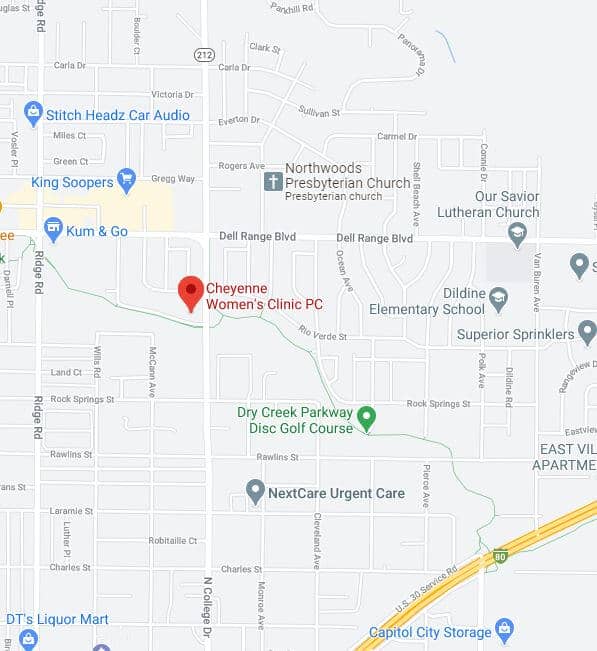Gestational diabetes is a condition that develops while you are pregnant and goes away after you have your baby. When too much glucose (sugar) stays in your blood instead of being used for energy, diabetes occurs. Usually, the hormone insulin keeps your blood sugar normal, but if your body isn’t producing enough insulin to keep up, you can develop diabetes.
During pregnancy, your pregnancy hormones can interfere with insulin, causing gestational diabetes. This form of diabetes typically goes away after childbirth, but it leaves you at risk of developing diabetes later in life.
Risk Factors of Gestational Diabetes
Gestational diabetes can occur in any pregnant woman, but you are more likely to develop it if you have these risk factors:
- Overweight or obese
- Physically inactive
- Gestational diabetes in a previous pregnancy
- Delivered a very large baby (9 pounds or more) in a previous pregnancy
- High blood pressure
- History of heart disease
- PCOS
- African American, Asian American, Hispanic, Native American, or Pacific Island background
How Gestational Diabetes Affects a Pregnant Woman
When you have gestational diabetes, you pass more sugar to your baby than it needs. This may cause the baby to grow very large before it is born, leading to complications for the mother, such as:
- Labor difficulties
- Cesarean delivery
- Heavy bleeding after delivery
- Severe tears in the vaginal area
During your pregnancy, gestational diabetes may also cause health problems such as:
- High blood pressure, which can place extra stress on your heart and kidneys.
- Preeclampsia, a serious condition that can become a medical emergency involving high blood pressure that affects the other internal organs.
How Gestational Diabetes Affects a Baby
Babies born to women with gestational diabetes may develop health problems of their own, such as:
- Breathing problems
- Jaundice
- Low blood sugar at birth
- Birth trauma from being too large
Managing Gestational Diabetes
Your doctor will test you for gestational diabetes by measuring your blood sugar around 24-28 weeks of pregnancy. If you have risk factors for developing the condition, your doctor will check your blood sugar earlier.
If the tests show that you are developing gestational diabetes, there are ways to keep your blood sugar under control to help protect your health and the health of your baby:
- Visit your doctor more often during your pregnancy
- Track your blood sugar levels using a glucose meter and a log (there are great apps to do this)
- Eat regular meals throughout the day and make healthy food choices
- Gain a healthy amount of weight over the course of your pregnancy
- Exercise regularly following the plan your doctor gives you
- Take any medications your doctor prescribes
Gestational diabetes can lead to serious health conditions for you and your baby, but it is a condition that you can manage. Be sure to follow the instructions your doctor gives you and ask any questions that you may have.







